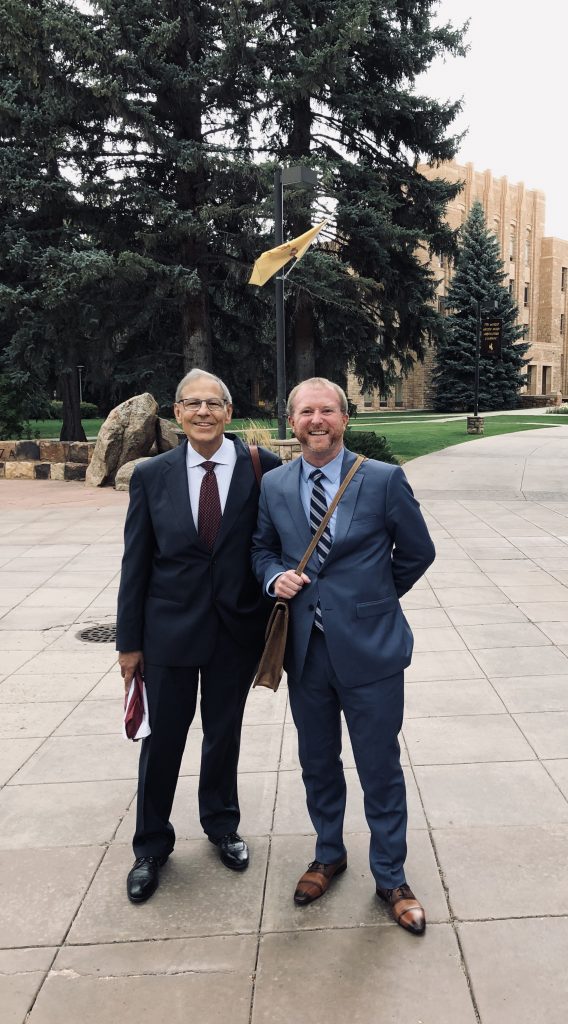Eric D. Weitz’s untimely passing on Thursday, 1 July, sent shockwaves throughout the academic community. A distinguished professor of Modern European History at City College of New York, Eric was among the foremost researchers on human rights, the Armenian Genocide, Nazi Germany and the Holocaust, settler-colonial genocide in German Southwest Africa, and Weimar Germany.

Among his most well-known publications include Creating German Communism, 1890-1990: From Popular Protests to Socialist State (1997), A Century of Genocide: Utopias of Race and Nation (2003), Weimar Germany: Promise and Tragedy (2007), and A World Divided: The Global Struggle for Humans Rights in the Age of Nation-States (2019). Eric also published numerous articles, chapters, edited volumes, editorials, and op-eds on these and many other topics during his illustrious career.
His contribution to the field of Holocaust and Genocide Studies, both as a researcher and Center director at the University of Minnesota, is immeasurable. From pathbreaking work on the emergence and consequence of “population politics” in Europe to settler-colonial genocides in Africa, Asia, and North America, Eric’s scholarship remains essential reading for anyone interested in the history of nationalism, race, and mass violence in the nineteenth and twentieth centuries.
Eric was at this best when his curiosity inspired him to move past his topical expertise into subjects that often receive little or no attention from historians in Genocide Studies. He was not afraid of controversy and always welcomed a good-natured discussion on his latest project, whether in graduate seminars or during a book or conference presentation.
Eric received various awards and recognitions for his research and countless invitations to speak at national and international venues throughout his career. He particularly enjoyed his time as the Arsham and Charlotte Ohanessian Chair in the College of Liberal Arts at the University of Minnesota (2001-2012), a position that afforded him occasion to expand programming on the history and legacy of the Armenian Genocide and to work closely with his good friends and fellow historians, Taner Akçam and Omer Bartov.
In addition to his notable scholarly achievements, Eric made an indelible impression on students and colleagues as a popular teacher at St. Olaf College, the University of Minnesota, and City College, and the Graduate Center of the City University of New York. A talented lecturer with an acute ability to facilitate discussion on difficult subjects in classes both large and small, he modeled what it means to be a historian inside and outside the university.
Among his lesser-known talents was his success as an academic advisor. As his final doctoral advisee at the University of Minnesota, I can personally speak to the ceaseless dedication, kindness, and humor that Eric shared with each of his students, as well as the many hours he devoted to one-on-one meetings, independent studies, writing instruction, and all other matters that one hopes to find in an academic advisor.
Perhaps most importantly, he taught me the importance of writing and its significance to the disciplinary fabric of History. I will always keep his copious notes on my chapter submissions as a guide for how to approach my future disciplinary interests, as well as a reminder that the best gift one can give a student is attention and unfailing support. I can say with absolute certainty that I owe all of my professional accomplishments to his patience, supervision, and vast disciplinary knowledge.
Dr. Adam A. Blackler
University of Wyoming

Comments